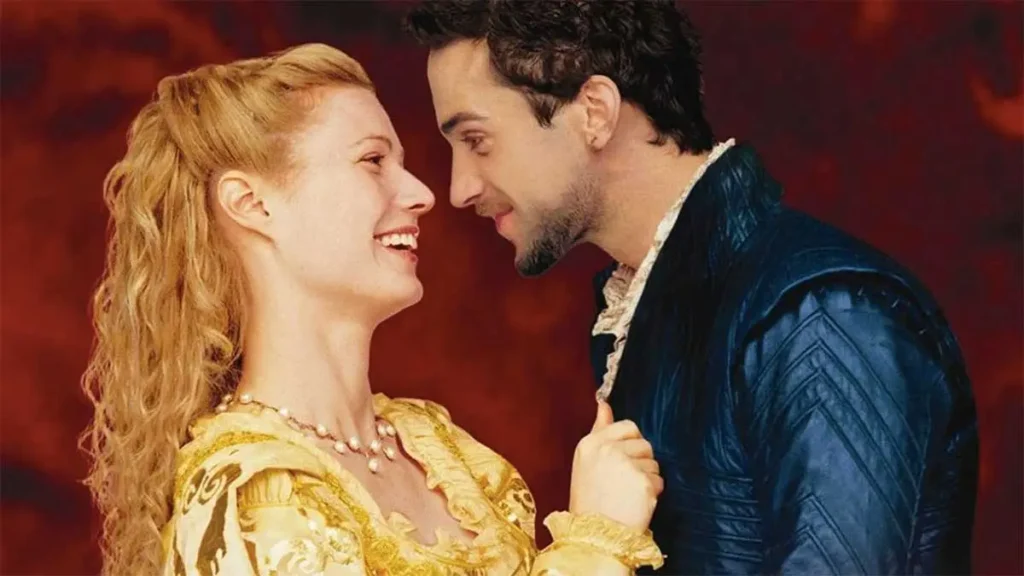The Academy Awards are one of the most prestigious events in the film industry, but not every winner has been met with universal acclaim. Over the years, there have been several Best Picture winners that have sparked controversy, leading many to question the decisions of the Academy. Here’s a look at five of the most criticized Best Picture winners in Oscar history.
5. Shakespeare in Love (1998)

Controversy: This film’s win over “Saving Private Ryan” remains one of the most debated decisions in Oscar history. Many attribute its victory to the aggressive campaigning by producer Harvey Weinstein, which overshadowed the artistic merits of other contenders.
- Public Reception: Despite winning seven Oscars, many critics and audiences felt that “Saving Private Ryan,” with its realistic depiction of World War II, was a more deserving winner.
- Expert Opinion: “The victory of ‘Shakespeare in Love’ is often seen as the triumph of marketing over merit.” – The Guardian.
4. A Beautiful Mind (2001)
Controversy: “A Beautiful Mind” faced criticism for its historical inaccuracies, particularly in its portrayal of John Nash’s life. Many believed that other nominees like “The Lord of the Rings: The Fellowship of the Ring” were more deserving of the Best Picture award.
- Public Reception: While the film was popular with audiences, its departure from Nash’s real-life story led to debates about its worthiness.
- Expert Opinion: “A polished film, but one that simplifies a complex story to fit a more conventional Hollywood narrative.” – Roger Ebert.
3. Crash (2004)
Controversy: “Crash” winning over “Brokeback Mountain” shocked many and was viewed as a safe choice by the Academy. The film was criticized for its heavy-handed approach to race relations, while “Brokeback Mountain” was praised for its nuanced portrayal of a same-sex relationship.
- Public Reception: The win was seen by many as an avoidance of more progressive themes in favor of a film that dealt with race in a more palatable way.
- Expert Opinion: “Crash is a film with good intentions but ultimately lacks the depth and nuance of its competitors.” – The New York Times.
2. The King’s Speech (2010)
Controversy: While “The King’s Speech” is a well-crafted film, its win over innovative and culturally impactful films like “The Social Network” and “Inception” led to criticisms that the Academy favored a safe, traditional story.
- Public Reception: Many film enthusiasts felt that “The Social Network,” with its modern relevance, was a more deserving winner.
- Expert Opinion: “A crowd-pleaser, but its victory over ‘The Social Network’ highlights the Academy’s preference for traditional narratives.” – Vulture.
1. Green Book (2018)
Controversy: “Green Book” faced backlash for its simplistic portrayal of race relations, with many criticizing the film for focusing more on the white protagonist’s journey than the experiences of the Black musician.
- Public Reception: The film was seen by some as an outdated approach to racial issues, especially in comparison to other nominees like “BlacKkKlansman.”
- Expert Opinion: “Green Book’s win reflects the Academy’s struggle to fully embrace more challenging and progressive narratives.” – Screen Rant.
FAQ Section
Q: Why do some critically acclaimed films lose to less popular ones?
A: Oscar voting is influenced by various factors, including industry politics, personal biases of Academy members, and strategic campaigns. These factors can sometimes overshadow critical and public reception.
Q: What criteria does the Academy use to choose Best Picture?
A: The Best Picture category is voted on by all members of the Academy, considering elements like direction, acting, writing, and overall impact. However, the personal preferences of voters and industry trends often play significant roles.



































